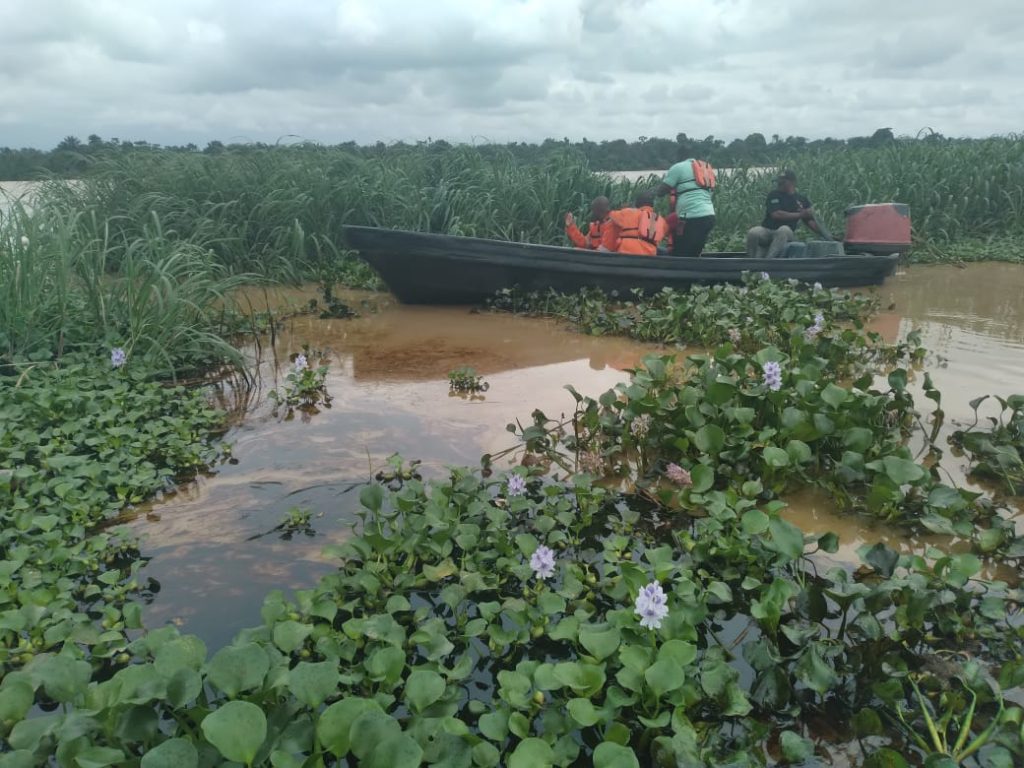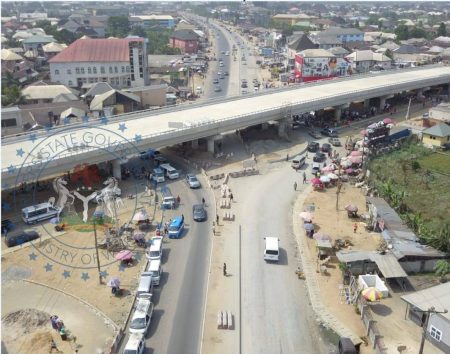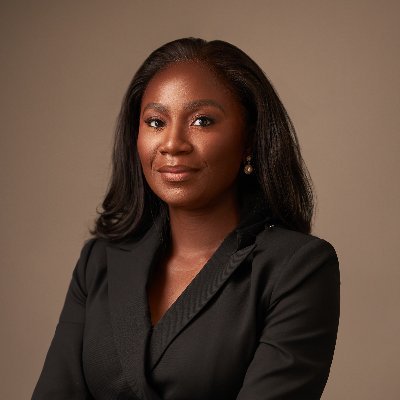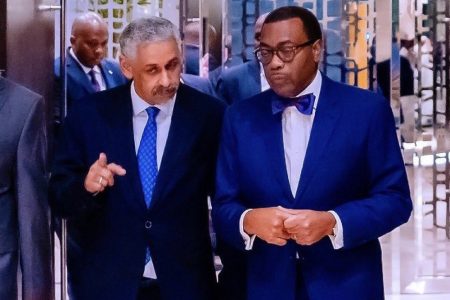
Mkpoikana Udoma
Port Harcourt — Reactions have begun to trail the acceptance of the Shell Petroleum Development Company of Nigeria Limited, a subsidiary of Royal Dutch Shell, to pay four Nigerian farmers the sum of €15million as compensation for multiple oil spill pollution in their communities.
The €15 million compensation is the result of a Dutch Court case brought by Friends of the Earth, in which Shell’s Nigerian subsidiary SPDC in January 2021 was found to be responsible for the oil spills and was ordered to pay for damages to the four farmers
Shell headquarters resisted every argument to take responsibility for the actions of its subsidiary and even demanded instead that the case should be heard in a Nigerian court, but the Dutch Court refused and in January 2021 ordered Shell to pay compensation to the Nigerian farmers, to clean up the pollution, and take measures to prevent new spills by installing a leak detection system near Oruma.
Following the verdict of the court, Friends of the Earth Netherlands and Shell conducted negotiations to determine the amount of compensation to be paid, the Dutch company last weekend said in a joint statement with the Dutch division of Friends of the Earth.
Reacting, Friends of the Earth Nigeria, said the victory at the courts was historic victory and the acceptance of Shell to do the needful was a victory for all.
Executive Director of Environmental Rights Action/Friends of the Earth Nigeria, Chima Williams said that justice may have been delayed but it has now been served
Williams recalled that in 2007, the farmers and fishermen, together with Friends of the Earth Netherlands, initiated legal proceedings against the headquarters of Shell in the Hague because of the oil pollution which took place between 2004 and 2007 in the villages of Goi, Oruma and Ikot Ada Udo, in Rivers, Bayelsa and Akwa Ibom State.
“Friends of the Earth Netherlands, together with lawyers, Chima Williams, current Executive Director of ERA/FoEN, and Channa Samkalden, took up the case and have been in court since 2008.
“The proceedings took so long that all the original claimants (Barizah Dooh, Chief Oguru, Elder Friday and Alali Efanga) have since died. Now, over 15 years later, the farmers and their fellow villagers are to receive compensation.
“The resilience of the farmers, their communities, and determination to make Shell pay is a model that will galvanize other impacted communities in the Niger Delta and elsewhere to act and stay on course. Shell’s acceptance to pay compensation and install leak detection system is both unprecedented and signals victory for all parties – the victims, environmental justice campaigners and Shell. Furthermore, if Shell can do this, it means that there is no hiding place for any corporate polluter as they may run but cannot hide from the long arms of the law.”
Similarly, one of the Plaintiff, Chief Eric Dooh, said, “The compensation we receive from the court case in the Netherlands will enhance a total transformation of the community people and myself in terms of reinvestment in our environment. It will be a relief for all of us when the money is finally paid as compensation for our losses after a long time of legal action against Shell.”
Also, a Member, Board of Environmental Rights Development Foundation, Dr. Nnimmo Bassey, said the victory of the Niger Delta farmers is a testament that big polluters may run but will find nowhere on earth to hide because they will be sought out.
“We celebrate the farmers still alive to savour this victory and believe the spirit of the deceased four Niger Delta farmers and others will now rest, but corporate polluters will never rest until their operations and attitudes in respect for their hosts, protection of their environment, livelihoods and humanity is guaranteed.”
Celebrating this historic feat, Paramount Ruler of Oruma (Yiba-Ama) Community, H.R.H Pere Wapeabiama David Amakiri, said “Though the compensation Shell agreed to cannot replace human life, we have been able to show through our patience and determination in the last 15 years that peoples power will always truimph corporate behemoths. Shell has learnt a good lesson.”
Also, Paramount Ruler of Goi Community, Mene Stephen Kobani, unequivocally advised “We anticipate that other co-travellers in the fossil fuels industry will now understand that the fires the Niger Delta farmers and fishermen lit in 2008 will continue to rage until they pay up and clean up for their mess in every Niger Delta environment”
Unprecedented case
This Nigeria case is unprecedented: for the first time in history a corporate headquarters has been held responsible for the actions of their subsidiary in another country. Shell resisted the claim for many years, arguing from their headquarters in the Netherlands that the case should be heard in a Nigerian court. The Dutch Court did not agree.
In 2021, the court ordered Shell to pay compensation to the Nigerian farmers, to clean up the mess, and to take measures to prevent new spills by installing a leak detection system near Oruma. This system will detect spills sooner.
15 years of fighting for justice
Following the verdict of the court, Friends of the Earth Netherlands and Shell conducted negotiations to determine the amount of compensation to be paid. Friends of the Earth Netherlands, together with lawyers Chima Williams and Channa Samkalden spent 15 years fighting for justice.
The proceedings took so long that all the original claimants (Barizaa Dooh, Alali Efanga, Chief Fidelis Oguru and Elder Friday Alfred Akpan) including other prominent leaders of the communities of Goi, Oruma and Ikot Ada Udo on this struggle have since died without seeing this day come to pass!
Disastrous consequences of oil contamination
The residents of Oruma, Goi and Ikot Ada Udo are finally getting compensation, but there are thousands of other villages in the Niger Delta in similar circumstances and this case makes no difference to them. As a result of oil pollution, infant mortality in the Niger Delta is twice as high as in the rest of the country. Farmers and fishermen have lost their livelihoods.
Follow us on twitter



